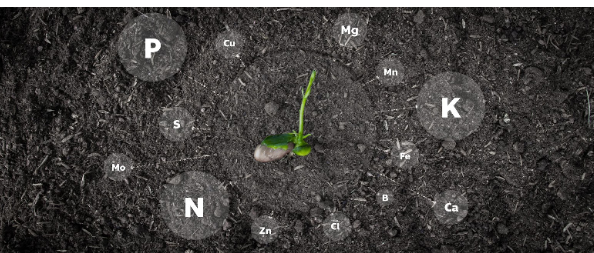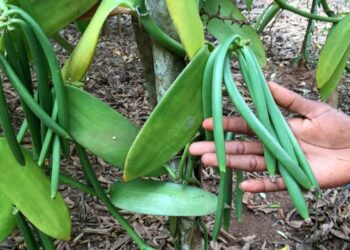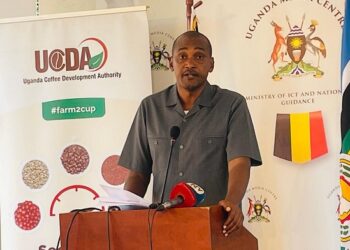All of the food that feeds the world is dependent on the state of our soils. As we continue to exploit the land for food and energy, its nutrients continue to depreciate. This makes it challenging for farmers to produce healthy and nutritious food for us. The soil plays a critical role in our society and civilization. For example, it filters water, is home to millions of organic life, and acts as a reservoir for sequestering carbon. Our soil is one of the reasons why the earth can support life.
Over the past years, we have had a love-hate relationship with the soil. This is because we have exploited most of its resources without reservation. In recent times, people have become woke and trying to practise farming techniques that preserve the soil.
Land degradation is affecting many regions worldwide at a fast pace. It is reducing crop yields and threatening food security because farmable land worldwide is reducing. Land degradation has become a major problem in many societies, occurring due to human activities. Not only does it reduce food supply, but it also threatens the surrounding ecosystems. Some of the main reasons for soil degradation are over-use and the chemicals we use. However, soil health can be increased by utilising eco-friendly soil management practices. So, in this article, we will talk about land degradation and how to improve soil fertility.
How to increase soil fertility?
Soil solarization
Soil solarization works by heating soil covered with a clear plastic tarp to temperatures lethal to a wide range of soil-borne pests like fungi, nematodes, weeds, and weed seeds. This technique is ecologically friendly and needs to be done in the hottest months of the year. To start, you need to ensure that your soil is worked up using a rototiller or spade to a planting ready texture. Once that is done, make sure that the soil is moist before covering it up. This ensures that the heat enters and stays in the ground. Also, wet soil activates fungi and bacteria, which are then killed by the heat. If the soil is not moist, the effectiveness of the treatment will be decreased. It is also advisable to include an irrigation system under the plastic to ensure that the soil is kept moist. With everything in place, you need to seal the edges of the plastic with loose soil so that air cannot get in and heat cannot get out. It is also essential to check the fields at a regular interval. Monitoring solarized fields ensure that the soil’s temperature is high and the air is not escaping to the surroundings.
Manure crops
These are crops that are grown to benefit the subsequent crops that will be planted on that same piece of land. The farmers have to grow cover crops on the land when it is not being used. These crops grow fast, and their leaves, stems, and roots are cut and placed on the soil for additional organic matter. When these parts of the plants become food for earthworms and other nematodes. As the organisms feed on the crops and cause decomposition, it generates organic matter that nourishes the soil.
Green manure helps farmers address lots of different agriculture challenges, such as the use of chemical fertilizers that have adverse effects on soil in the long run. It is also great for sustainability and helps save the planet from global warming and climate change.
Crop rotation
Crop rotation will vary in different parts of the world because the soil type, climate, and cash crops vary around the globe. However, the principles of crop rotation are constant, which aims to fight against diseases and pests, maintain soil health, and decrease erosion. Cover crops are used to hold the soil in tack during off-seasons and when planting is not going on. The cover crops are generally grown in the cold or dry seasons when there are high risks of erosion and nutrient depletion. Farmers normally use fast-growing cash crops to cover their land. The crops are then ploughed into the soil to create green manure to increase the organic content of the soil. Crop rotation also helps to disrupt the reproduction cycle of pests that destroy plants. Therefore it can be used as a natural pesticide.
Composting
Compositing Is the process of decaying and digesting organic matter into amino acids and carbohydrates. Many organisms in the soil pick up loose and excess organic matter from the soil and store them. Once organisms die, the nutrients are returned to the soil. To feed the organisms in the soil, compost is created using piles of materials that are rich in carbon and nitrogen.
Final thoughts
The soil is the source of our life force and needs to be well taken care of. Ensuring that the soil is fertile is just one part of the equation. It also needs to be done in a sustainable and environmentally friendly way.
Do you have a story in your community or an opinion to share with us: Email us at editorial@watchdoguganda.com













